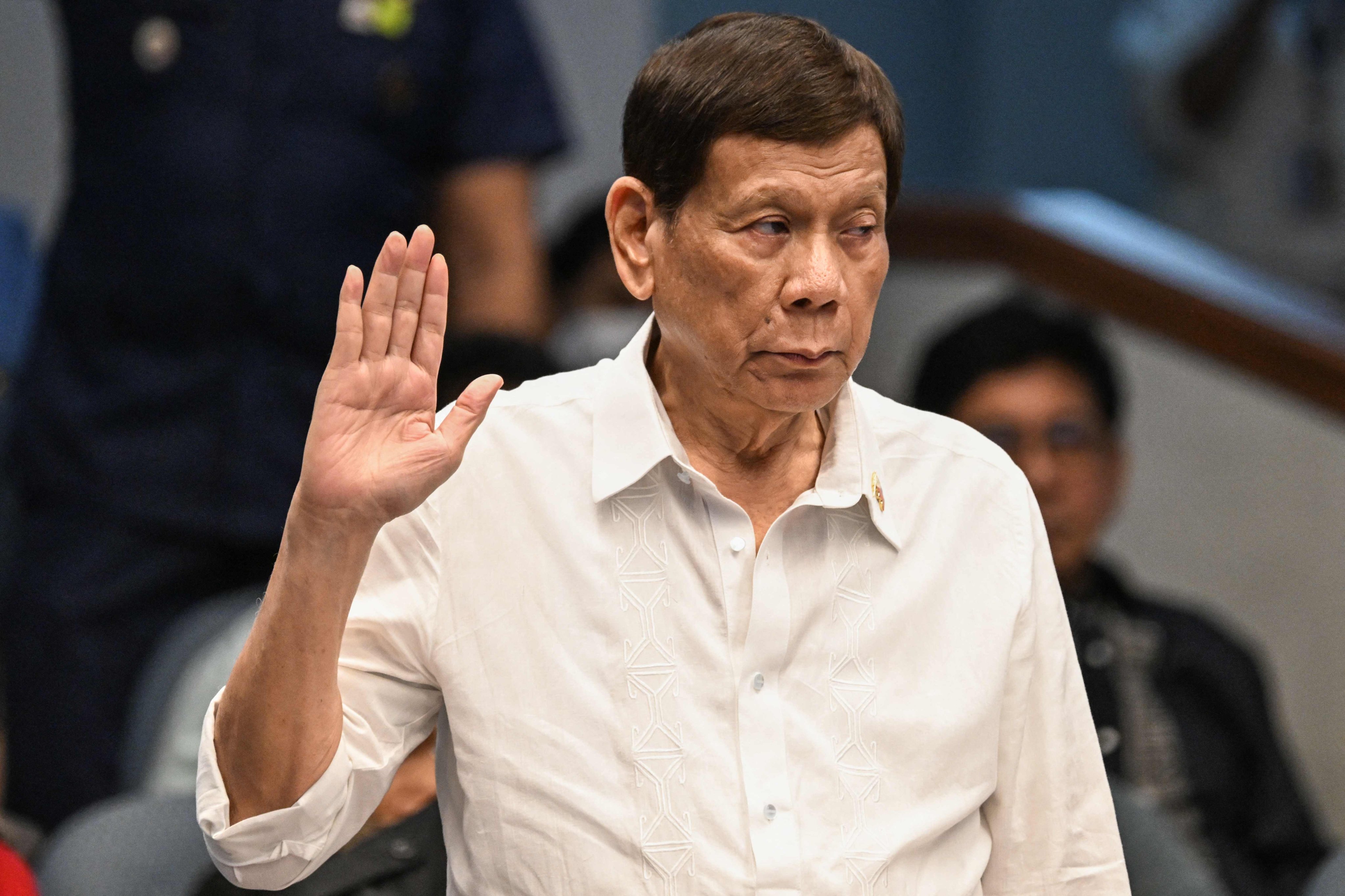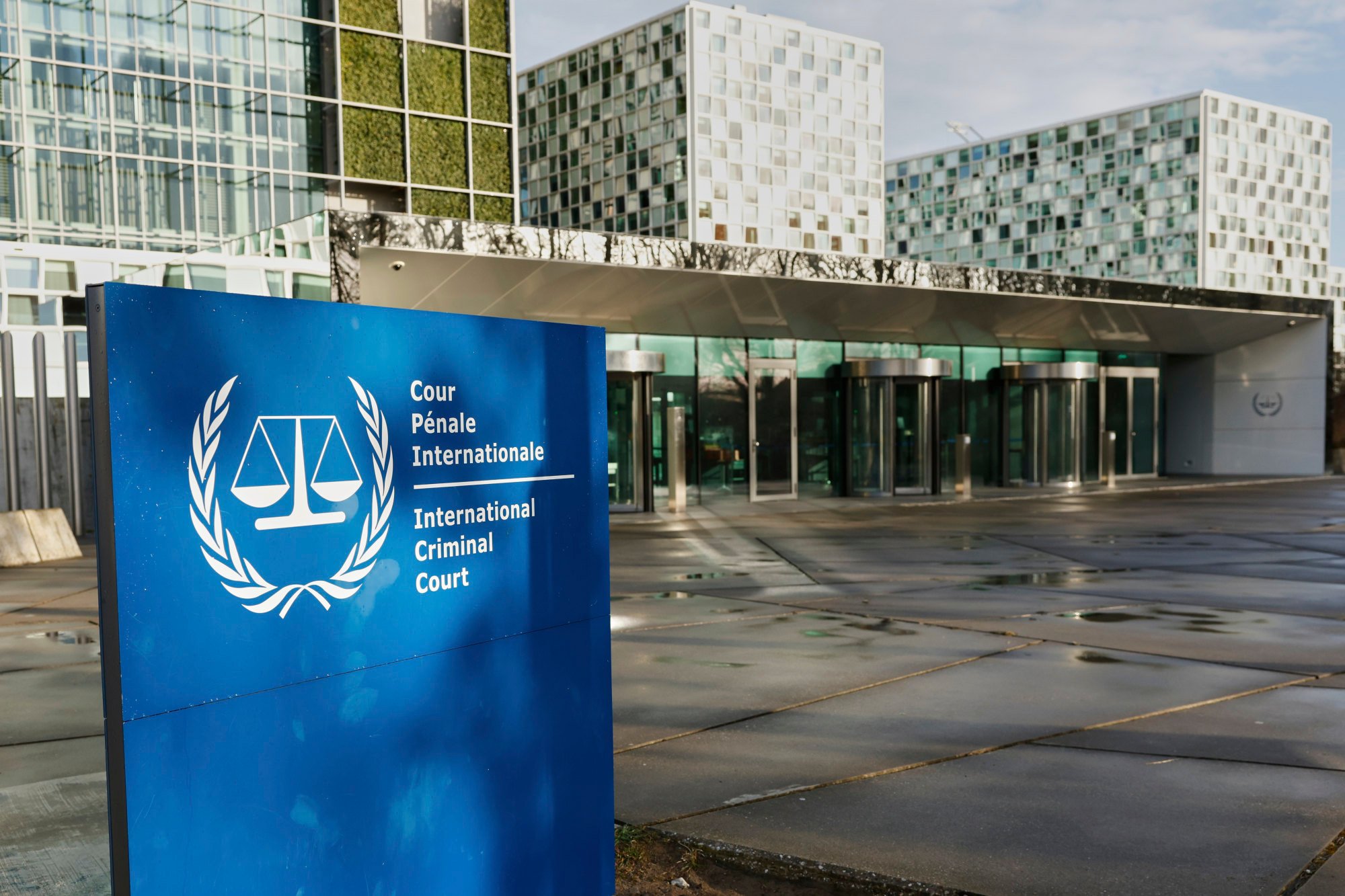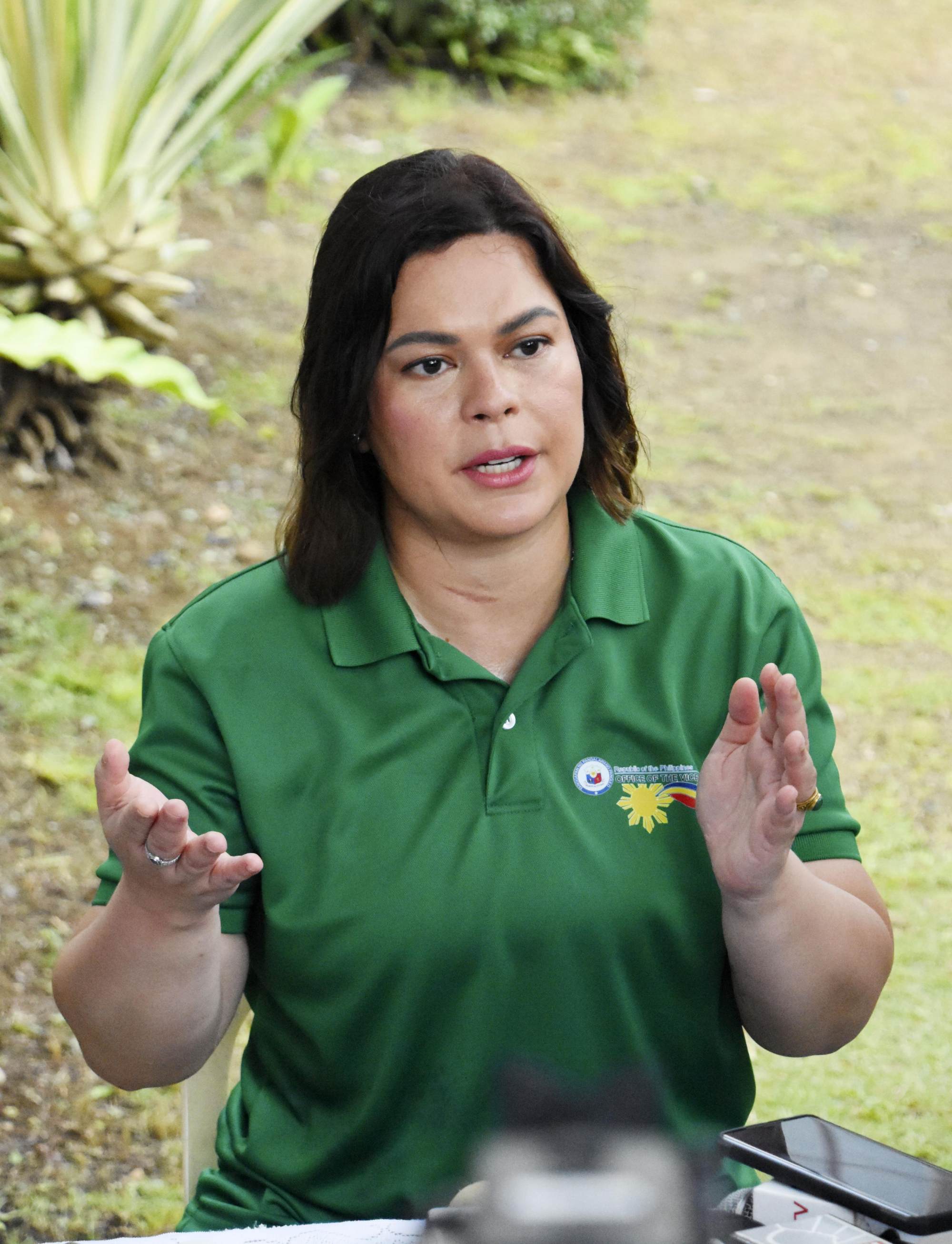Can Rodrigo Duterte serve as Davao mayor from ICC detention?
Legal experts question the legitimacy of a mayoral oath taken in international detention – and warn it could set a dangerous precedent

Rodrigo Duterte, the firebrand former president of the Philippines, has made political history – not once, but twice. First, as the only ex-Philippine leader to face charges of crimes against humanity before the International Criminal Court (ICC). And now, as the first to win a mayoral race while imprisoned abroad, securing an extraordinary landslide victory from a detention cell in The Hague.
The post he won is no ordinary local office. It is the mayorship of Davao City, the southern Philippine metropolis that has long served as the Duterte family’s political stronghold – a position he held for more than two decades before ascending to the presidency in 2016.
But despite his electoral triumph, Duterte’s return to Davao’s city hall remains far from certain.
His victory in May’s midterm election has triggered a surreal legal and diplomatic conundrum in the Philippines: can a man imprisoned in an international detention facility legally assume the office of mayor?

A legal impossibility?
The answer to the quandary, according to legal experts, is almost certainly no.
Under Philippine law, elected officials must be sworn into office on national soil – or, at the very least, within a Philippine embassy overseas. Duterte, however, remains confined to the Scheveningen prison complex, the ICC’s detention centre in the Netherlands, as he awaits trial for his brutal war on drugs – a campaign that claimed thousands of lives.
Joel Butuyan, one of only five Filipino lawyers accredited to practise before the ICC, said that allowing Duterte to take an oath of office from his cell would amount to “special treatment” and could “open the door to a slew of subsequent requests premised on recognising Mr Duterte as an elected official”.
“There is nothing in the rules that gives him the right,” Butuyan told This Week in Asia. “There is nothing under international law that gives him such a right.”
Despite this, President Ferdinand Marcos Jnr’s administration appears surprisingly supportive of Duterte’s mayoral ambitions.
We recognise him as the mayorPhilippine Interior Secretary Jonvic Remulla
“We recognise the victory,” Interior and Local Government Secretary Jonvic Remulla told reporters on Monday last week, noting that the Philippine Commission on Elections had declared Duterte the winner with an “overwhelming mandate” the day after the poll. “So we recognise him as the mayor.”
Remulla even floated the idea of asking the ICC to allow a Philippine consul to visit Duterte and administer the oath of office in his detention cell – quite the offer from a member of the selfsame administration that facilitated the ex-president’s transfer to The Hague in the first place.
Technically, Philippine law does not require a consul for such ceremonies. Vice-President Sara Duterte-Carpio could even perform the swearing-in during one of her visits to see her 80-year-old father. But questions hang over the legality and practicality of such an arrangement.

Leila De Lima, a lawyer and former justice secretary, said that the vice-president would need to be empowered by the Dutch government to administer oaths in the Netherlands. She also dismissed the notion of Duterte assuming office from an ICC prison cell as legally dubious.
“Even assuming he is allowed to take his oath of office inside the ICC prison, its effectivity is doubtful,” the newly-elected Mamamayang Liberal congresswoman told This Week in Asia. “Administering oaths is an exercise of sovereign jurisdiction, like enforcing a warrant of arrest. It cannot be done in a foreign country based on the principle of extraterritoriality.”
De Lima, who was herself jailed for nearly seven years under Duterte’s administration on drug charges that were later dropped, argued that any oath taken abroad must occur within a Philippine embassy, according to legal norms.
Both De Lima and Butuyan warned that allowing Duterte to take the oath of office would set a dangerous precedent. “It may trigger subsequent requests for him to be allowed to perform his functions as government official” such as signing documents and conferring with officials in Davao, Butuyan said.
Further complicating matters is the fact that the Philippines is no longer a signatory to the Rome Statute, the treaty that established the ICC. Duterte himself ordered the country’s withdrawal from the treaty in 2018, a decision that took effect the following year.
The limits of power
Duterte is facing trial at The Hague for crimes against humanity, allegedly committed as both Davao City mayor and president during the Philippines’ tenure as a Rome Statute signatory from 2011 to 2019. His war on drugs, notorious for its brutal extrajudicial killings, left thousands of Filipinos dead.
His detention means that even if Duterte does manage to take the oath of office, he would be unable to perform the duties of mayor in any meaningful sense. “Assuming office means having the ability to attend to the day-to-day duties and functions of the mayor,” De Lima said.
Under the Philippines’ Local Government Code, a mayor’s prolonged absence from their post – “even just domestic travel for more than three days” – would automatically authorise the deputy mayor to act as mayor until their return, De Lima explained. By this standard, Duterte’s imprisonment abroad constituted a clear “incapacity to perform the duties of public office”, she said.
Remulla acknowledged this limitation, telling local media that Duterte would need to be “physically present” to fulfil his duties. Otherwise, his deputy would step in to serve as acting mayor.
The unprecedented nature of Duterte’s case has legal scholars scratching their heads.
“There is no precedent,” said ICC Assistant to Counsel Kristina Conti, who is also secretary general of the National Union of Peoples Lawyers in the National Capital Region. “No detained individual has been elected to office while in [ICC] custody.”
Butuyan, chair of the Manila-based Centre for International Law, agreed that there was “no precedent at all”.
Victims of Duterte’s drug war, who are seeking justice through the ICC, could potentially challenge his electoral victory. But their options would be limited, Butuyan said, and would likely involve appealing to the court’s Office of the Public Counsel for Victims.
The Philippines does allow people awaiting trial to run for public office, provided they have not been conclusively convicted. This legal loophole enabled Duterte’s candidacy, much like it did for Antonio Trillanes IV, a former navy officer who won a Senate seat in 2007 while awaiting trial on coup charges.
But Trillanes’ experience shows the limits of such privileges. While a local court had briefly allowed his release from detention to take his oath of office and vote, the Supreme Court later denied his requests to attend Senate sessions, set up an office in his cell and speak with reporters. The top court argued that granting such freedoms would “virtually make him a free man” and make “a mockery” of the country’s correctional system.